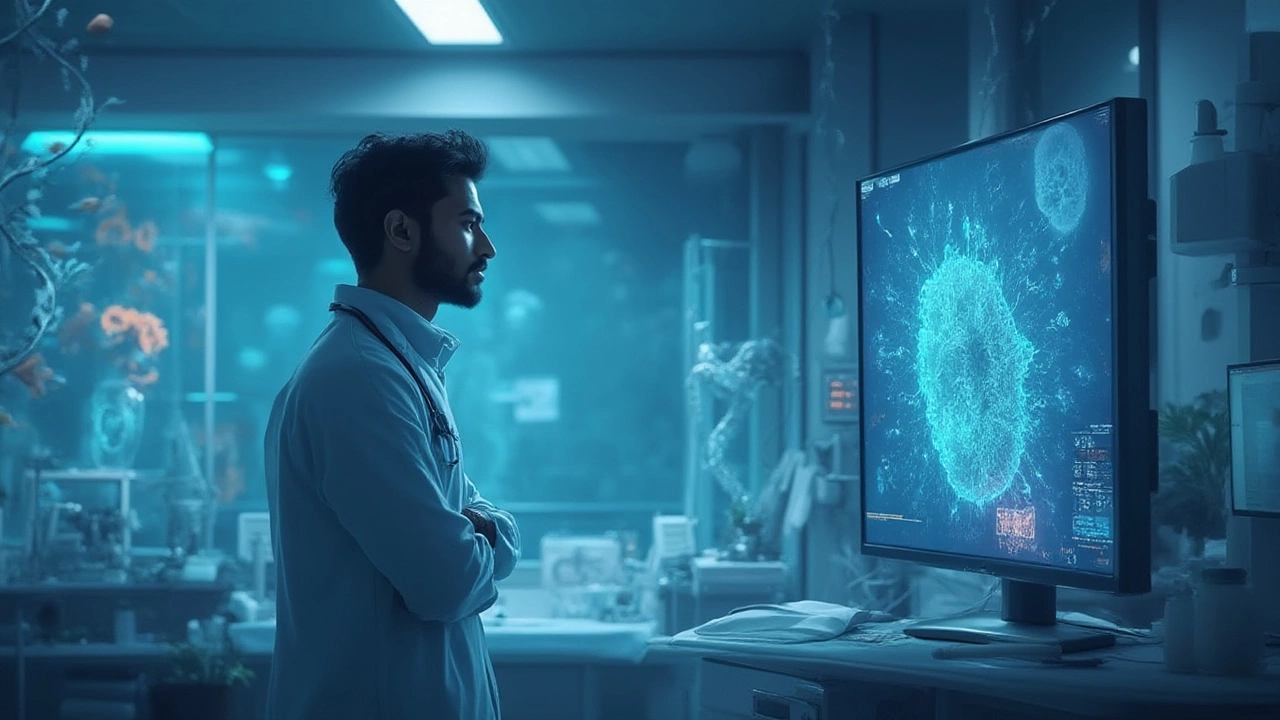Cancer With No Cure: What It Means and How to Cope
When you hear “cancer with no cure,” it can feel like a dead end. In reality, it usually means the disease is advanced, hard to remove, or doesn’t respond well to current treatments. Knowing the exact situation helps you make smarter choices.
Which Cancers Are Usually Called “Untreatable”?
Doctors often label pancreatic, glioblastoma brain tumors, and certain liver cancers as hard to cure because they grow fast and hide well. These cancers are usually diagnosed late, when surgery isn’t an option. Even so, doctors can still offer treatments that shrink tumors, slow growth, or relieve pain.
What Treatment Options Exist?
When a cure isn’t possible, the goal shifts to palliative care. This includes chemotherapy or radiation that may not eliminate the cancer but can keep it from getting worse. Targeted therapies and immunotherapy sometimes work for a short time, buying extra months of quality life.
Clinical trials are another avenue. New drugs are tested all the time, and joining a trial can give access to cutting‑edge treatments before they hit the market. Talk to your oncologist about any trials that fit your diagnosis.
Supportive care is just as important. Managing pain, nutrition, and emotional health can dramatically improve daily comfort. Pain specialists, dietitians, and counselors work together to keep you feeling as normal as possible.
Family and friends play a huge role, too. Simple things like a regular check‑in call or helping with grocery trips can lift spirits and reduce stress. Don’t be shy about asking for help – most people want to support you.
Staying informed makes a difference. Reliable sources like the Medical Resource Center India offer up‑to‑date facts without the hype. Avoid forums that spread fear or unverified miracle cures.
Hope isn’t gone just because a cure isn’t on the table. Many patients live years with advanced cancer thanks to better symptom control and new therapies. Celebrate small wins – a good day, less pain, or a tasty meal.
Finally, think about your wishes early. Advance directives, living wills, and clear communication with doctors ensure your preferences are respected when you can’t speak for yourself.
Living with a cancer that can’t be cured is tough, but you don’t have to face it alone. Use treatments that control the disease, tap into support networks, and keep learning. Those steps can turn a scary label into a manageable journey.






